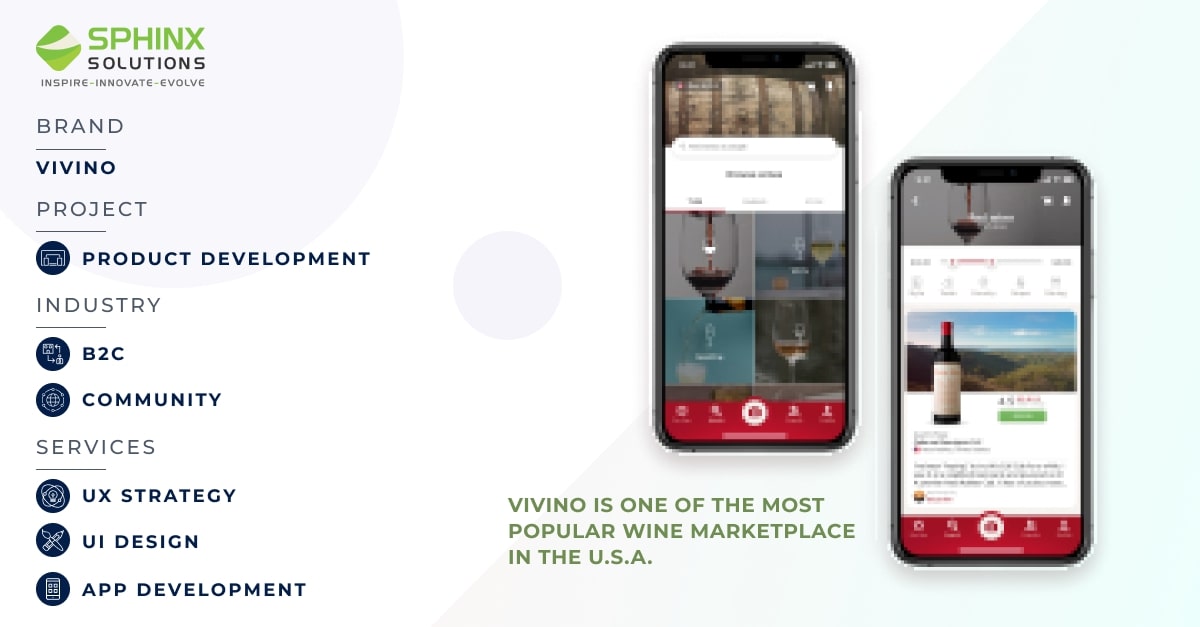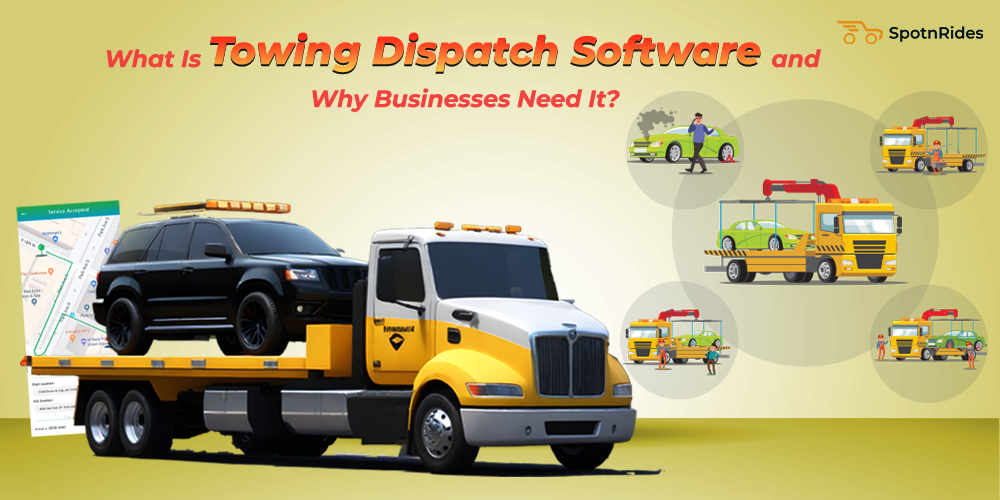Discover posts
Love wine but are overwhelmed by choices?
Have you tried Vivino? What are your favorite wine apps?
Visit Portfolio- https://www.sphinx-solution.co....m/portfolio-item/viv
Got a brilliant iPhone app idea itching to be brought to life? Let's turn that dream into reality!
Visit- https://www.sphinx-solution.co....m/blog/a-complete-gu
#vivino #wine #winelover #mobileapp #foodie #iphonedevelopment #appideas #appdevelopment #entrepreneur
MailingInfoUSA offers a comprehensive JD Edwards Users Email List, enabling targeted outreach to businesses utilizing JD Edwards ERP software for streamlined communication and marketing endeavors.
https://www.mailinginfousa.com..../jd-edwards-users-em
Jade, a silicate mineral regularly connected with East Asian craftsmanship, has a place with the Jadeite class of minerals and is ordered under the monoclinic gem framework.
Visit Now @ https://www.rananjayexports.co....m/blog/jade-meaning-

Best Wedding Photographer in California
Discover the magic of your special day with Garry Films, the best wedding photographer in California. Based in the beautiful Bay Area, our talented team crafts exquisite wedding videos that reflect your unique love story. From classic to documentary-style videos, we blend creativity and attention to detail. Whether you’re in Union City, Seattle, Oregon, New York, or Texas, let us create a movie-like masterpiece that transports you back to your amazing day. Contact us for magical Indian wedding videography and photography services!
https://garryfilms.com/best-we....dding-photographer-i
#california #weddingphotographer #videographer #unitedstates

Catering Food Trucks For Parties
Experience the ultimate guide to catering food trucks for parties and understanding food truck catering costs. Discover versatile menu options, interactive dining experiences, and essential tips for choosing the right food truck for your event. Learn about factors influencing pricing and how to customize your catering services. Make your event unforgettable with food truck catering expertise.
visit us: https://sites.google.com/view/....catering-food-trucks
Businesses are frequently seeking ways to make more knowledgeable decisions, stay ahead of the competition, and improve their efficiency consistently in this modern world. This is where Business…
https://nevinainfotech25.mediu....m.com/what-is-busine

What Is Towing Dispatch Software and Why Businesses Need It?
Looking to revolutionize your towing business? 🚗💨 Look no further! Our latest blog post on SpotnRides unveils the game-changing technology of Towing Dispatch Software and why it's an absolutely essential for your business growth!
Discover how this cutting-edge software streamlines operations, enhances efficiency, and boosts customer satisfaction. Say goodbye to manual dispatching headaches and hello to seamless, automated solutions tailored specifically for the towing industry.
Read More: https://www.spotnrides.com/blo....g/what-is-towing-dis
#towingdispatch #uberfortow #appdevelopment #webdevelopment #business #spotnrides #technologytrends #businessmodel
The best packers and movers in hadapsar
Hadapsar is a densely populated mix of tech parks, shiny corporate office buildings, and exclusive gated residential complexes. When it comes to IT, intellectual, and domestic hubs, are respected logistic service providers. People who relocate for work or study can choose ShiftMe packers and movers in hadapsar to ensure a seamless and stress-free transition. Both residential and commercial relocations are handled by us.
Read more: https://shiftme.in/packers-and....-movers-in-hadapsar-
_____
#packersandmoversinhadapsar #packersandmoversinpune #packersandmoversinuppal #moversandpackersinbanglore



